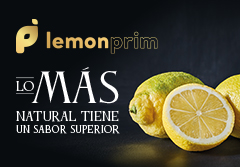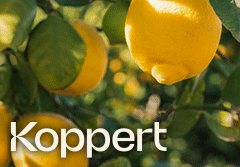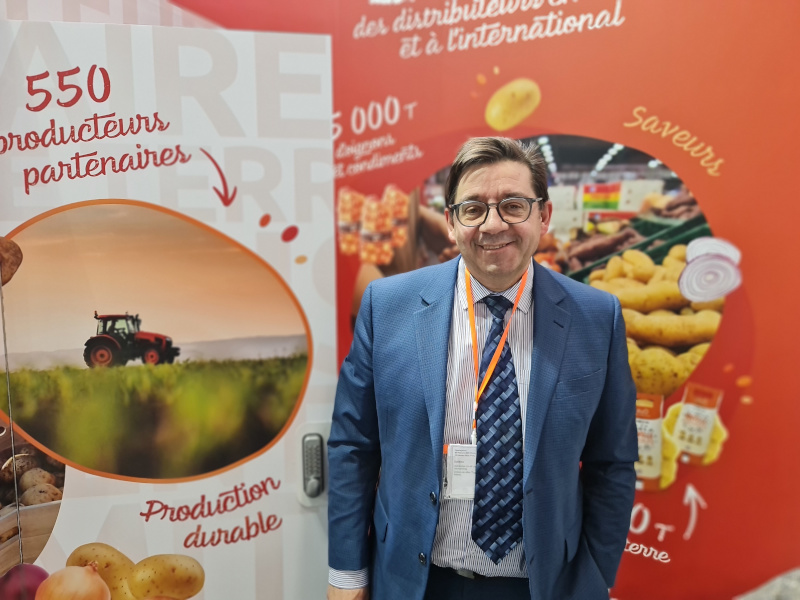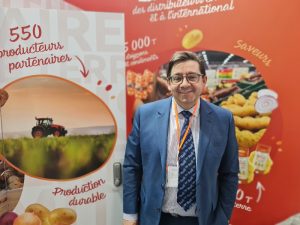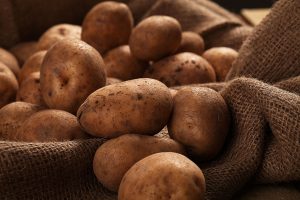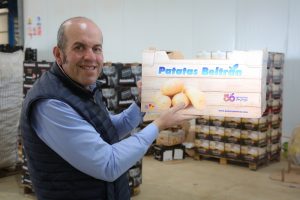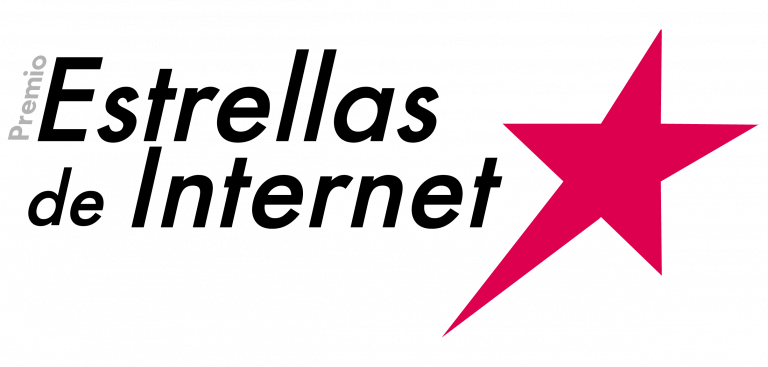A man of convictions, a firm defender and believer in actions carried out as a whole, Moya took over the chairmanship of the CNIPT at the end of 2022.
What are the implications of the fact that Europe is suffering from a very high demand of potatoes for industry and how does this affect the fresh potato market?
We are seeing a very fast development of the industrial potato market, with a 35% increase in the contracted prices. The world’s potato needs are very high owing to the development of the consumption of transformed potatoes, which is translated into a very significant pressure on the availability of hectares for potato production for the fresh market.
In Europe, processing factories are being built at breakneck speed. Specifically, in France there will be a factory that will need 500,000 tonnes of potatoes from September onwards and it is not the only one. The same is happening in Belgium, with a recently created factory that will need 350,000 tonnes; and new projects on this scale are continuing to move forward.
The key for these transformation companies lies in having production guaranteed because their market is very powerful.
The drop in consumption of fresh potatoes is a fact that is becoming more emphasised every year. Do you think that a change towards a smaller format model might ease the situation?
This is an approach that is not without its own problems. If we plan a reduction in the formats, the waste level will be higher and this will have a great impact on the operators. Produce with a greater selection process costs more. The rest of the tubers are not valued in the same way; therefore, in order to compensate the overall cost, the sale price must be high. From the production point of view, it is less complicated for the farmers to work with potatoes for processing as the level of aesthetic demands is lower and, in the long run, this can cause important supply problems for fresh produce.
There is concern about what is happening with seed potato production.
Indeed. In France, there has been a 15% annual reduction in the seed potato growers’ commitments with the producers, and next year we will see a shortage in hectares of potatoes due to this problem.
What consequences will last summer’s high temperatures and the persistent drought have on potato production?
In addition to the reduction in the harvest that occurred last year and that possibly could also happen this year, the conservation conditions of the potatoes come into play, as the high temperatures at the moment of harvesting mean that the correct quality level cannot be maintained. In Spain, this problem is very well known, and now it is also occurring in France. This type of situation increases the percentage of waste.
Looking at the current scenario, how would you define how the relations with the production should be?
I am in favour of looking for the greatest proximity possible to the world of production, and working together, in a closer way, because the production also needs support and I also think that it should be restructured.
If the changes along the chain are not organised, they turn into factors of danger and speculation. In France, fortunately, we have a balance between the producing sector and the different marketing channels, but this is not the case in all countries.
I think that it is important for the production to be able to raise the prices to be able to face up to the challenges of modernisation, but it is also essential for the seed sector to have its niche and for the transformation sector to be developed. We must not consider ourselves as competitors, because in the end it affects all of us. The most important point is for consumers to realise that they have a good product in front of them.
Now that you are the Chairman, what immediate actions do you want to carry out?
I think that there must be an open dialogue, talking to the large distribution sector to acquire a production commitment with some guarantees, as we are not experiencing a time of abundance of produce. I openly champion the idea of strengthening links with the distribution, because if we do not do this, the farmers will move to other types of markets that give them more guarantees and fewer risks.
The distribution channel itself is also experiencing very important changes regarding the way in which potatoes are consumed, and it is complicated to understand the demand, which at times shows a highly contradictory behaviour. At the CNIPT, we are trying to transmit all these problems because the really essential point is to have a balance between production and demand.





